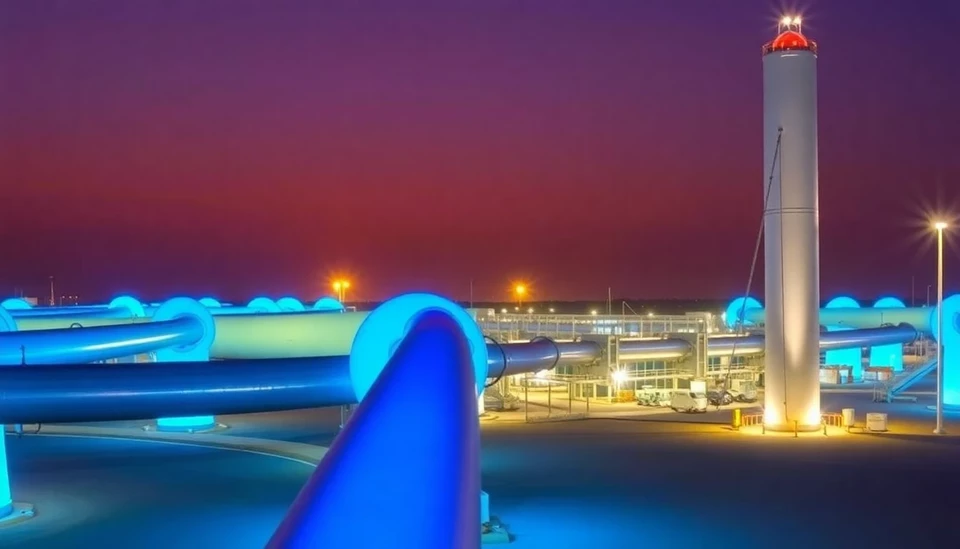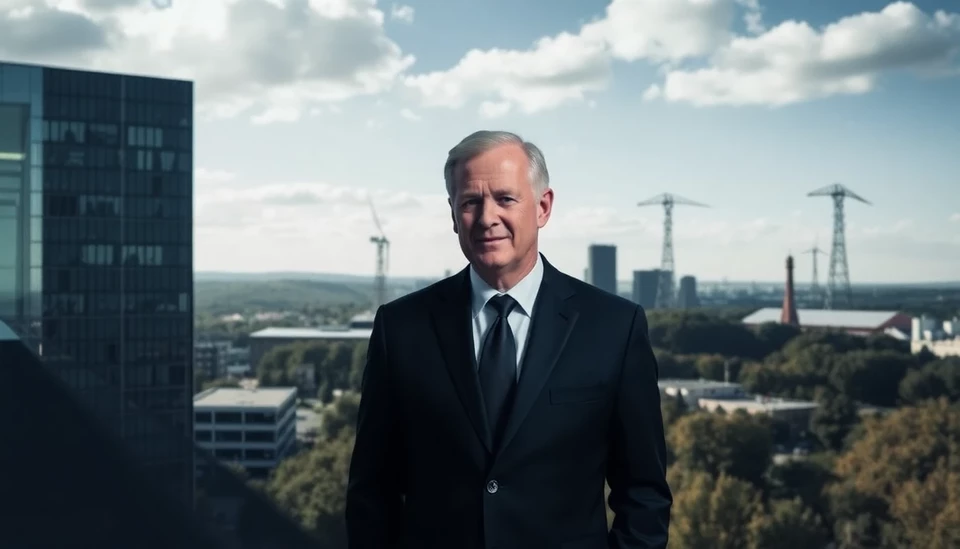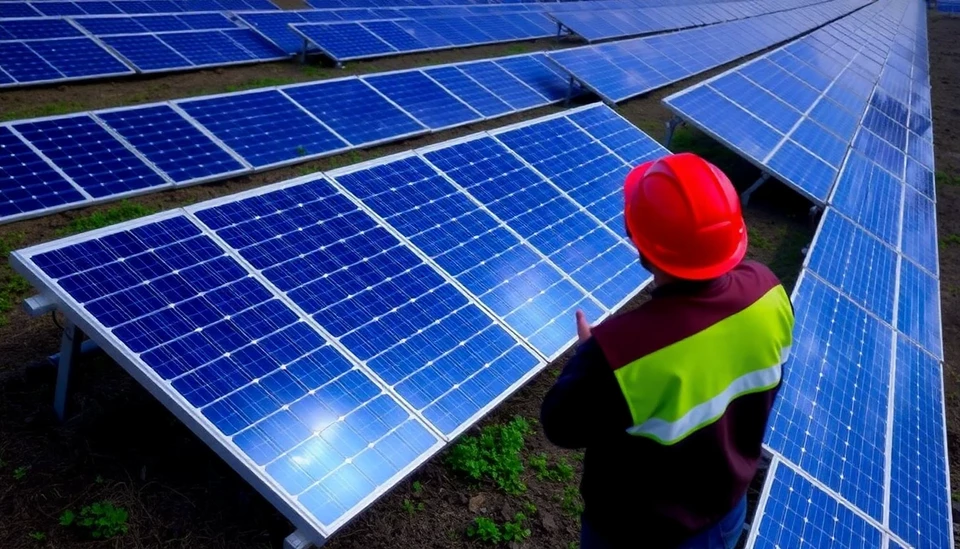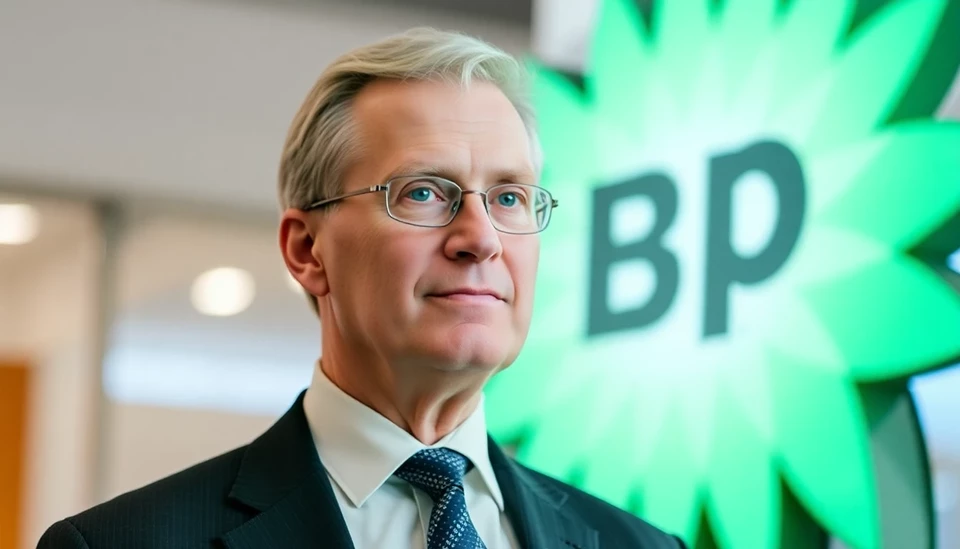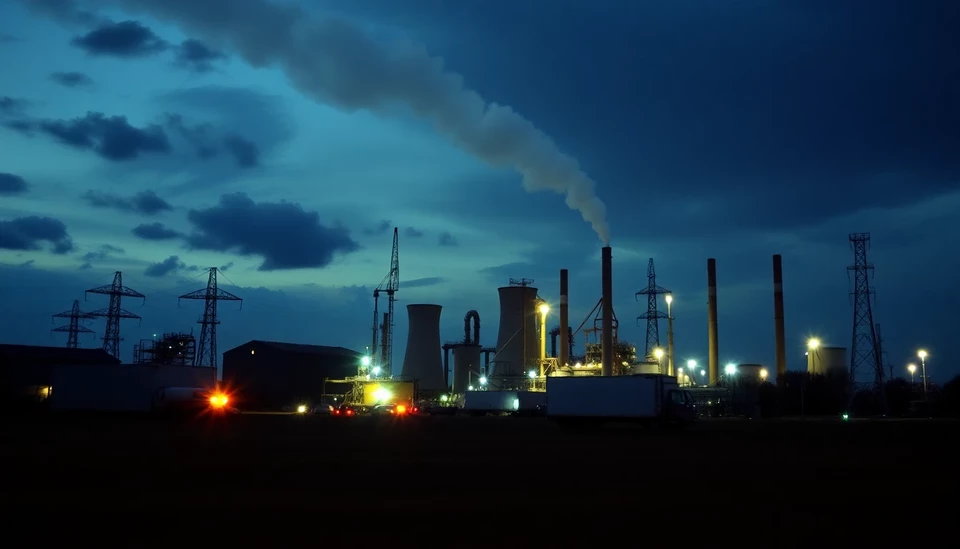
The global energy landscape stands out, with a transformational change in the form of embracing the new industrial revolution propelled by transition to renewable energy. Tom Steyer said in a recent interview that core environmental advocate stresses, from fossil fuels to sustainable energy sources, this is a shift that has to happen and is inevitable for the future of global economies and the environment.
According to Steyer, technology advances, economic considerations, and increasing public awareness of climate change are driving the transition. Inventions in the technologies of renewable energy, such as solar and wind, have driven costs down tremendously and made them increasingly competitive with more conventional fossil fuels. It is an economic shift that is driving the energy transition, with companies and investors looking to profitability in a sustainable way.
But also, the environmental imperative of reducing greenhouse gas emissions and tackling climate change is hastening this shift away from fossil fuels. Steyer emphasized it's urgent when thinking about climate change; so gloomy will be the outcome from doing nothing that extreme weather will be more frequent and intense, sea levels will rise, and devastating effects will reach both biodiversity and human health.
Meanwhile, the shift to renewable energy sources also involves unprecedented opportunities for job creation and economic development. Steyer envisioned the opportunity to create millions of new jobs worldwide in the context of green technologies and infrastructure investments. Indeed, this transition can be economically invigorating because it fosters innovation and opens new markets.
However, Steyer did admit that such a transition to renewable energy sources would be without its challenges. A lot of the conventional sectors of energy, highly dependent on fossil fuels, are going to be heavily disrupted. Detailed strategies will be required for the support of such communities through retraining programs and economic diversification initiatives.
Besides, political and regulatory frameworks act as an enabler for the transition of energy. For example, policymakers have to adopt enabling policies that include subsidies for renewable energy projects, mechanisms of carbon pricing, and strong regulatory standards, securing that the transition would be smooth and just.
It is, in reality, a very pivotal moment in modern history, much as earlier industrial revolutions did transform the very economies and societies alike. Such collaboration would be provided with comprehensive environmental, economic, and social benefits that call for concerted effort among governments, businesses, and communities.
With Steyer's insight, one can imagine nothing but a truly strategic and holistic approach to the energy transition that will ensure a balanced, inclusive, equitable drive toward a sustainable future. This phase of the new industrial revolution can be viewed as an opportunity of a lifetime that has befallen humankind, promising a cleaner, healthier, more prosperous world for future generations.
#EnergyTransition #RenewableEnergy #IndustrialRevolution #ClimateChange #Sustainability #TomSteyer #GreenTech #CleanEnergy #EconomicGrowth #PolicyReform
Author: Peter Collins
